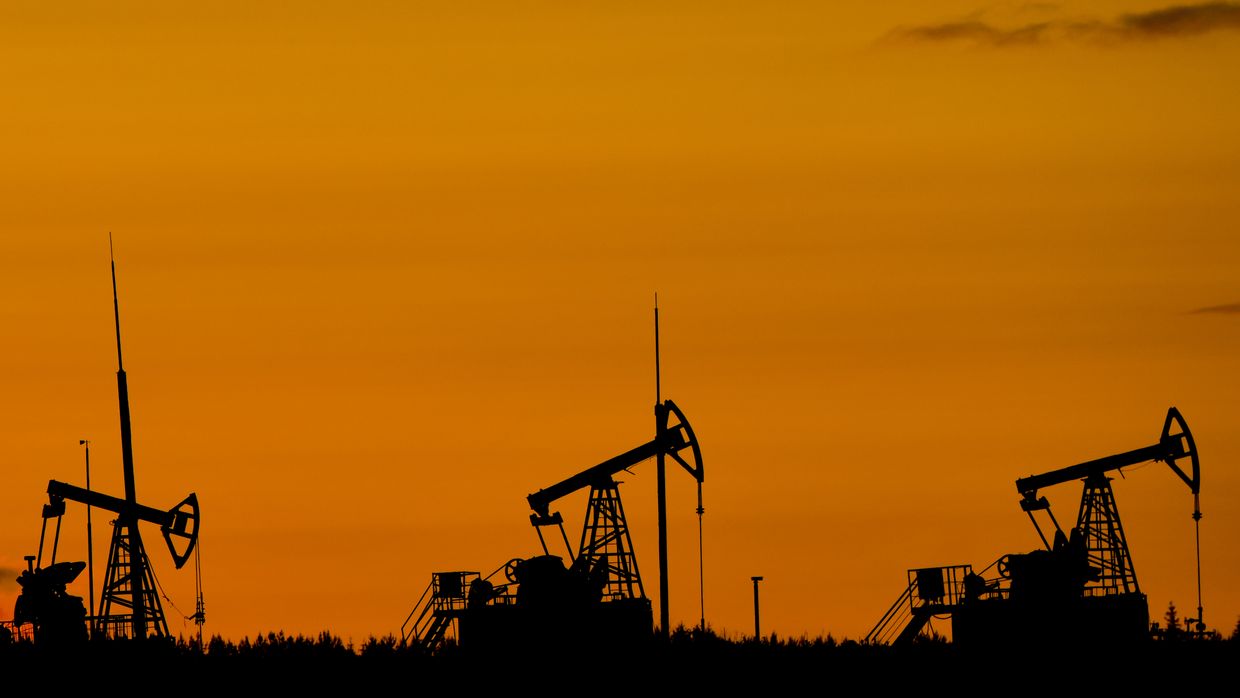Deputy PM: Ukraine to continue pushing for embargo on Russian grain imports to EU

Kyiv will continue promoting a decision to implement a complete ban on imports of Russian grain into the European Union and has reasons to believe Hungary will not block such a move, Ukraine's Deputy Prime Minister for European and Euro-Atlantic Integration Olha Stefanishyna said in an interview with European Pravda.
The European Commission proposed on March 22 steep tariffs on imports of Russian and Belarusian grain, oilseeds, and derived products to protect the EU market and cut down Moscow's profits amid its war against Ukraine.
The proposal will now be considered by the EU Council. Once adopted, it will enter into force immediately.
Several EU members have been pushing the EU to slap sanctions on Russian agricultural imports into the bloc, which have surged in recent years.
When asked why she thinks the European Commission did not take more robust measures, like a complete import ban, Stefanishyna said that such a decision "needs a longer discussion in the EU."
"Instead, the emphasis was now on responding promptly to the situation. However, introducing additional tariffs does not exclude the fact that a decision on a ban may also be made later. And Ukraine will continue to promote it," she told European Pravda.
Stefanishyna suggested this decision may be adopted in the fall if Hungary, which has repeatedly opposed sanctions against Russia, will approve it.
Kyiv has reasons to believe that "the Hungarian side will play a positive role and help solve this problem," according to the deputy prime minister.
"I think that Hungary can positively surprise us in this direction. Because we have agreements with Budapest within the framework of the Ukrainian agricultural import licensing mechanism," she added.
"And as part of the dialogue on the preparation of the meeting of the leaders — President Zelensky and PM Orban — some agreements are already being implemented, including the opening of new (border) checkpoints. There is also a successful dialogue regarding other infrastructure projects."
European imports of grains, oil seeds, and their derivatives from Russia reached a record of 4 million metric tons in 2023, which is 1% of the total EU consumption, according to the Financial Times.














